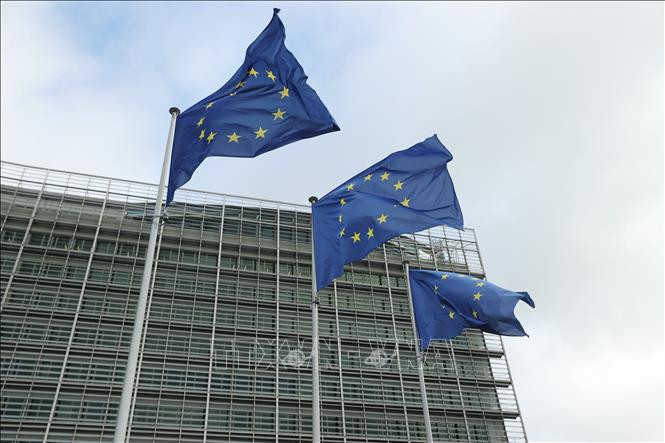The first round of EU-Ukraine accession talks will take place on June 25, after member states approved the overall negotiating framework.

Ukraine's ambitions to join the European Union (EU) could be stalled for six months as Hungary takes over the rotating presidency of the European Council.
From July 1 to December 31, Hungary will set the weekly agenda and chair EU ministerial meetings in Brussels, deciding which topics will be at the top of the list.
The official slogan of Hungary's presidency of the European Council will be "Make Europe Great Again", a similar sentiment to that of former US President Donald Trump.
The prospect has unsettled European diplomats, who fear that Hungarian Prime Minister Viktor Orban will use his position to advance his nationalist agenda. EU policy toward Ukraine in particular is seen as most at risk of being derailed.
On June 18, when Budapest published its official agenda for its rotating EU presidency, these concerns appeared to be confirmed. János Bóka, Hungary’s minister for European affairs, made it clear that his country would not help Ukraine open any negotiations on EU membership.
Hungary's agenda makes some references to Ukraine in relation to the economy, territorial integrity, reconstruction, security implications, refugees, etc., but not in the context of EU enlargement.
This view contrasts with the position of Belgium, which currently holds the rotating presidency of the European Council and is trying to promote Ukraine's accession to the EU as much as possible.
Last week, Belgium reached the consensus needed to approve the negotiating framework for Ukraine and Moldova, two countries that Hungary had blocked.
The breakthrough will allow Belgium to hold its first intergovernmental conference with Ukraine on June 25, which is considered the first round of negotiations. However, Minister Bóka said Hungary would aim to make the enlargement process “merit-based, objective and credible” and shift political attention from Ukraine to the Western Balkans.